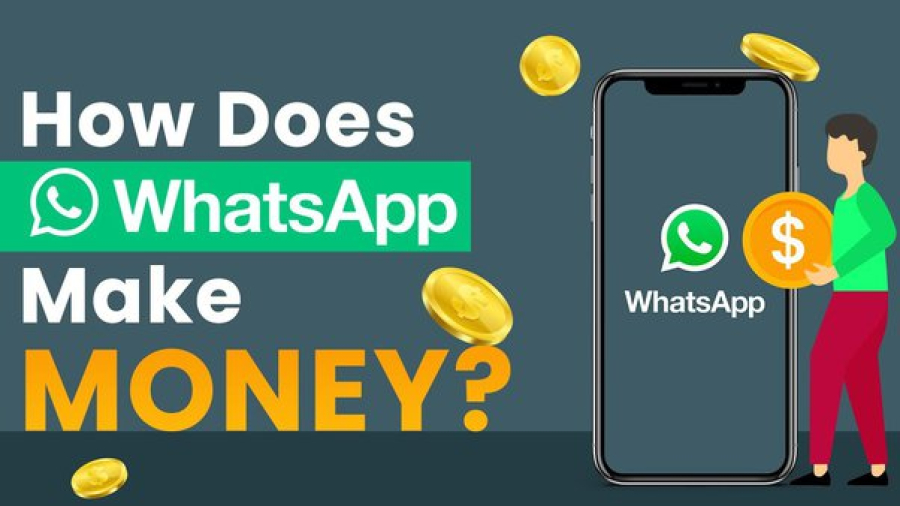In today’s digital age, messaging platforms have become an integral part of our daily lives. Among these platforms, WhatsApp stands out as one of the most popular and widely used messaging apps globally. But have you ever wondered how WhatsApp, despite its free service, manages to make money? In this article, we will delve into the intricate ways in which WhatsApp generates revenue and sustains its operations.
Advertising-Free Model
One of the key factors that set WhatsApp apart from many other social media platforms is its ad-free model. Unlike Facebook or Instagram, WhatsApp does not display advertisements to its users. This decision was made to maintain the simplicity and user experience of the app, which has garnered a loyal user base over the years.
Monetization through Business Accounts
While individual users may not pay to use WhatsApp, the platform has found a way to monetize through business accounts. WhatsApp Business offers a suite of tools for small and large businesses to communicate with their customers effectively. Companies pay a fee to access features such as automated messages, business profiles, and analytics, allowing them to engage with customers in a more personalized manner.
WhatsApp Payments
WhatsApp has also ventured into the realm of digital payments with WhatsApp Pay. This feature enables users to send and receive money securely through the app, similar to other mobile payment services. WhatsApp Pay is currently available in select countries and generates revenue through transaction fees.
Data Sharing with Facebook
Since its acquisition by Facebook in 2014, WhatsApp has faced scrutiny over its data sharing practices. While WhatsApp ensures end-to-end encryption for user messages, it does share certain information with its parent company for targeted advertising. This data sharing arrangement with Facebook contributes to WhatsApp’s revenue stream.
- WhatsApp’s data sharing policy with Facebook allows the social media giant to leverage user data for targeted advertising.
- While some users may have privacy concerns, this data sharing generates revenue for WhatsApp.
Subscription Model
In the past, WhatsApp used a subscription-based model where users paid a nominal fee after the first year of usage. However, this model was phased out in 2016, and WhatsApp became completely free for users. Despite this change, WhatsApp continues to explore new revenue streams to support its operations.
While WhatsApp remains primarily a free messaging platform for individual users, the app has successfully implemented various strategies to monetize its services. From offering premium features to businesses to exploring digital payments and data sharing, WhatsApp has carved out a unique revenue model in the tech industry. As the messaging landscape continues to evolve, WhatsApp’s monetization strategies will undoubtedly adapt to meet the changing needs of its user base.


Add a Comment